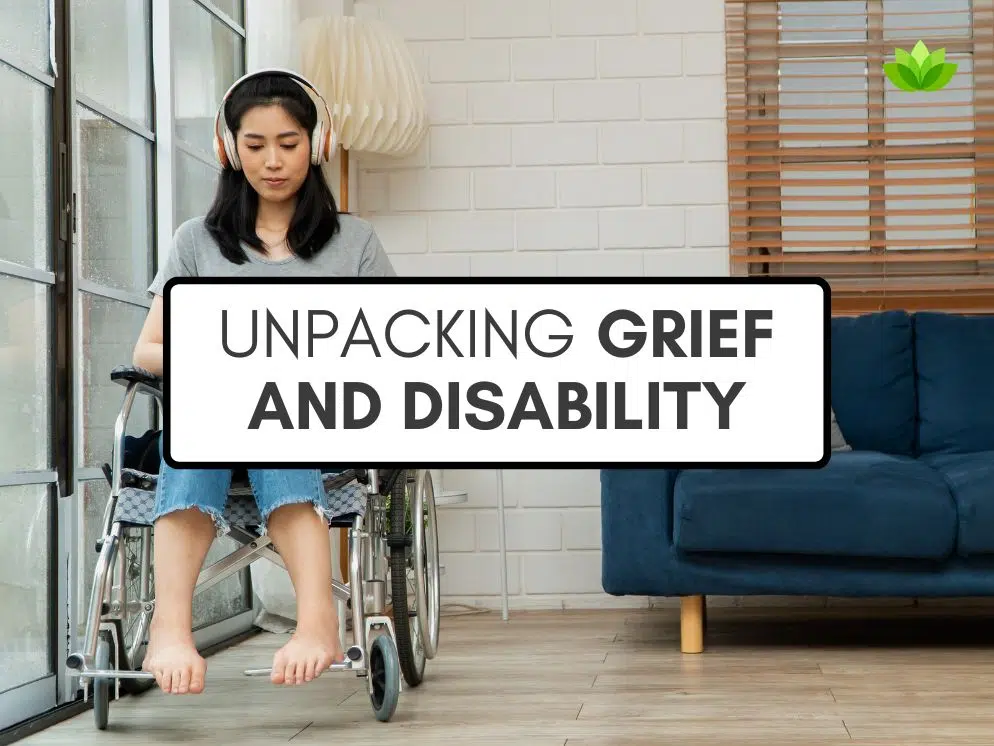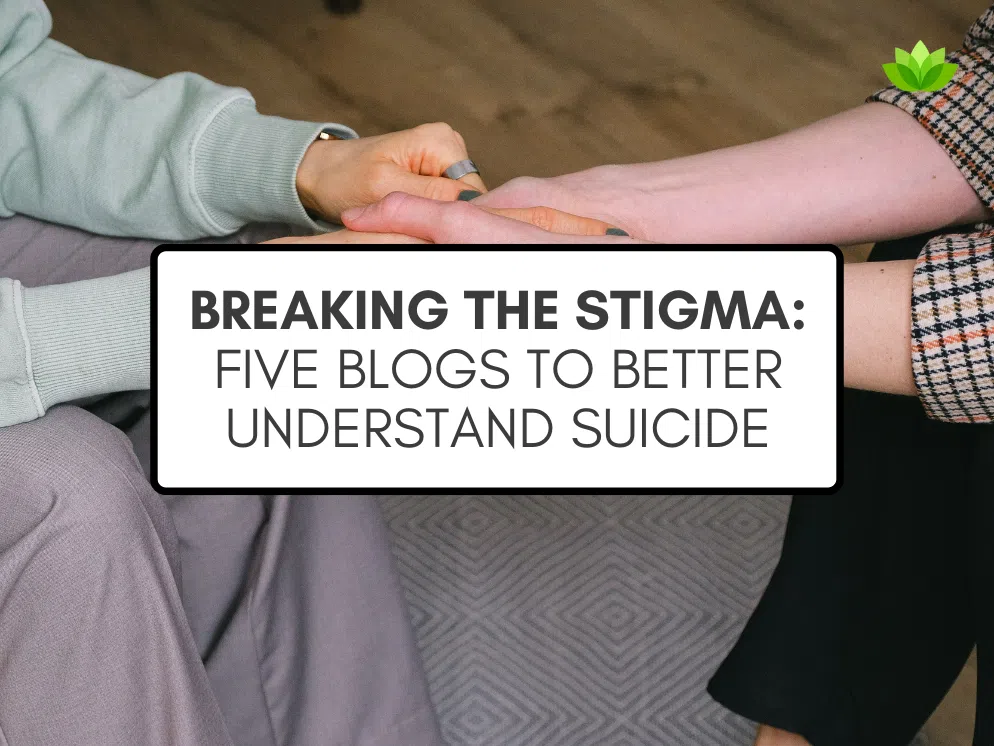- Unpacking Grief and Disability - July 8, 2024
- Breaking the Stigma: 5 Blogs to Better Understand Suicide - May 21, 2024
- 4 Tips for Better Sleep Hygiene - March 4, 2024

Losing a loved one is a difficult situation to overcome, especially if it is due to suicide. If you know someone who has lost a family member to suicide, chances are you are reeling from the effects of the death as well. Unlike the loss of a loved one due to sickness, an accident, homicide, and anything else, suicide loss carries such a negative stigma that it is often tough to cope with. The grief and recovery process for a suicide survivor is very different from someone grieving for their loss by other means. As such, support may be limited, and resources may be challenging to reach out to.
What we do know and understand about suicide is that the reason for the death is not to end their life, but to stop their unendurable pain. Due to the dynamics of suicide, the reasons to follow through with suicidal thoughts is very personal and subjective, it is a matter that is difficult for the outside world to comprehend. Unfortunately, this truth is in no way helpful for any griever to understand and find closure in their bereavement.

In the wake of the rise of suicides in the country, what can you do as a survivor of suicide loss or if you know and want to support a survivor of suicide loss? Here are 7 things to know about grief and recovery for the loss of a loved one due to suicide:
1. Don’t be afraid to acknowledge the death.
Death by suicide is often sudden, taking all parties involved by surprise. For this reason, loved ones may have a hard time to processing or even acknowledging the death. Although everyone grieves differently, some individuals may come to deny or ignore the death by suicide in an attempt to wish the loss away.
It may be challenging and may seem insensitive, but to use the loved one’s name to offer your condolences for the loss, you are showing support through empathy, understanding, and compassion for their loss.
2. Encourage openness.
Losing a loved one to suicide is challenging because society has yet to accept and understand suicide without the standard stigma that surrounds the issue. When we encourage openness and be transparent about the vulnerabilities of having lost a loved one to suicide, we can give the necessary support to someone coping with their loss. Reach out with open arms without expectations to support someone with their grief and recovery process.
Alternately, if you were the survivor of the suicide loss, don’t shy away from seeking professional grief and recovery help from a trained therapist. It is essential to open up to a counselor to explore perspective and find new strategies to cope with and process and find new strategies to cope with and process your grief, instead of distancing yourself or avoiding the loss altogether.
Read: Grief and Depression Counseling After Suicide
3. Be patient.
Everyone grieves at a different pace, there are no sequences, expectations, timelines, or right or wrongs to grieve for a loss of a loved one during your grief and recovery journey. As such, it is important to remember to be patient with your bereavement process as well as the process for others. Just because you have overcome your sadness for your loss, it doesn’t mean that someone else in your family has to finish grieving at the same time. As quoted in Psychology today about grief, “grieving is like falling in love – no two people experience it in the same way. There is no doing it right. There is simply doing it.” Be patient in the process because survivors of suicide loss are very different and can lead to complicated grief due to the problematic nature of the damage.
4. Be a compassionate listener.
The best grief and recovery support to give to someone who has lost a loved one due to suicide is a compassionate set of ears. The time you invest into helping them heal and provide the confidence to recover is ultimately what a survivor of suicide loss needs. Suicide carries such a considerable dishonor in our society that the family and friends who survive tend to feel shameful and judged by the outside world. Isolation can cause further abandonment of help and support, leading to more complicated grief and depression. Therefore, by providing love and sympathy, you can become a compassionate listener that is much needed during the grief and recovery process.
While each bereaved person’s experience will be different, these tips will give you ideas for how to help them feel heard and supported: What Not to Say to Someone Who’s Grieving (& What You Can Say Instead)
5. Do not blame yourself.
The pain of losing someone due to suicide is unique; there is often a sense of responsibility for the loss. Overwhelming guilt can overcome family and friends of the loved one lost due to suicide. But, it is critical not to put the blame on yourself or another family member for the loss. A part of the grief and recovery process as a survivor of suicide is to understand that there is no one at fault when a loved one commits suicide. There is no blame, not even on the person that committed suicide. There may be feelings of rejection that may surface during the grieving process because it feels like you are being abandoned, but this couldn’t be further than the truth.
6. Plan ahead.
Always plan ahead when it comes to an anniversary, a birthday, or a holiday because suicide loss intensifies the sense of loss. As long as emotional setbacks and unexpected grief are planned for, you and the other survivors of suicide within your family will be better prepared to minimize trauma over the loss.
7. Make connections.
Lastly, the best action to take up is to consider joining community grief and recovery mental health support group specifically for suicide loss. Being with others who have dealt with a loss due to suicide can provide tremendous support and comfort after the loss. You and your family will be able to make connections with others who have dealt with some of the emotional ups and downs that come during the grieving process. There will be many questions that may arise that only fellow suicide grievers may be able to answer. By making connections with others that know exactly what you are feeling and thinking, you will be able to grieve with more clarity and support.
What’s the next step?
If you have a hard time getting the support you need to grief after losing a loved one to suicide, start here and let us know, you can contact us at the Grief Recovery Center in Houston, TX for more info today.






No comments yet.